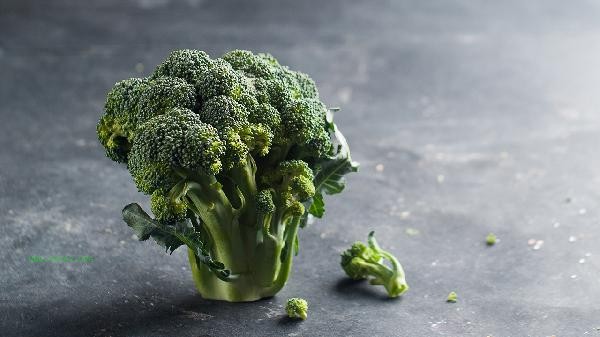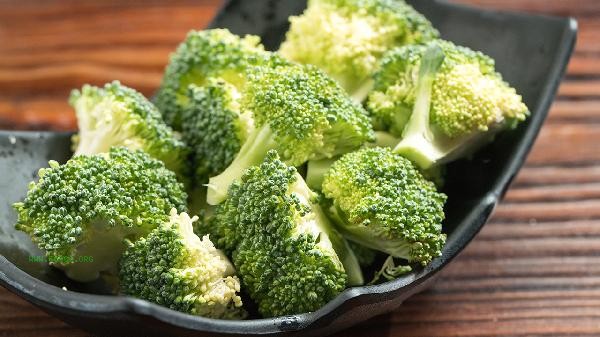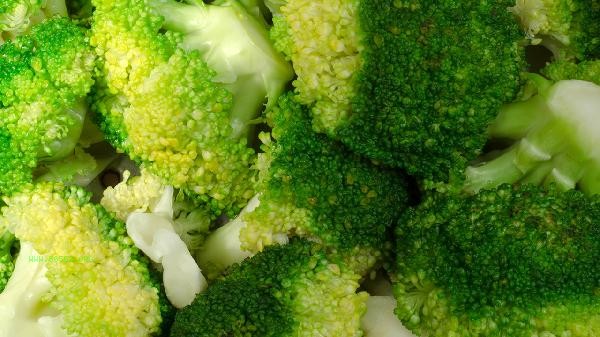During the fitness period, it is recommended to consume 100-200 grams of broccoli per day, and the specific intake should be adjusted according to exercise intensity, weight, and dietary structure. Broccoli is rich in dietary fiber, vitamin C, and plant protein, which can help increase muscle mass and reduce fat, but excessive intake may cause gastrointestinal discomfort.

1. Exercise intensity matching
High intensity strength trainers can increase their intake to 200 grams to supplement the required antioxidants and micronutrients after exercise. The sulforaphane in broccoli can alleviate exercise-induced inflammation, but attention should be paid to blanching before consumption to reduce the potential impact of glucosinolates on the thyroid gland.
2. Reference for weight base
It is recommended that people weighing less than 60 kilograms weigh around 100 grams, and fitness enthusiasts weighing over 80 kilograms can increase their weight to 150-200 grams. The low calorie properties of broccoli make it an ideal match for high-quality protein foods, with only 35 calories per 100 grams, making it suitable as a volumetric filler for fitness meals.
3. Balanced dietary structure
When daily protein intake is sufficient, broccoli can be used as the main source of dietary fiber; If carbohydrates are the main staple food, it is necessary to control the intake of broccoli to avoid excessive dietary fiber. The chromium element it contains helps regulate sugar metabolism and is more effective when paired with low GI staple foods such as brown rice.

4. Special Stage Adjustment
During the fat loss phase, it is recommended to increase the weight appropriately to 200 grams to enhance satiety, while during the muscle gain phase, it is recommended to maintain around 150 grams. Indole-3-methanol in broccoli can help with estrogen metabolism, which is particularly important for female fitness enthusiasts, but individuals with thyroid dysfunction should control their intake frequency.
5. Cooking method affects
Cooking method retains more than 90% of nutrients and is suitable as a fitness meal; Quick frying can improve the absorption rate of fat soluble vitamins. To avoid the loss of vitamin C caused by prolonged high-temperature treatment, it is recommended to control the cooking time within 5 minutes.

Fitness enthusiasts can eat broccoli in 2-3 meals, with eggs for breakfast to supplement choline, and chicken breast to promote protein synthesis after training. Pay attention to bowel movements and reduce intake if bloating occurs. At the same time, ensure that you drink at least 2000 milliliters of water per day to help dietary fiber take effect. Individuals with special constitutions are advised to consult a nutritionist to develop personalized plans to avoid excessive intake of cruciferous vegetables affecting iodine absorption.







Comments (0)
Leave a Comment
No comments yet
Be the first to share your thoughts!